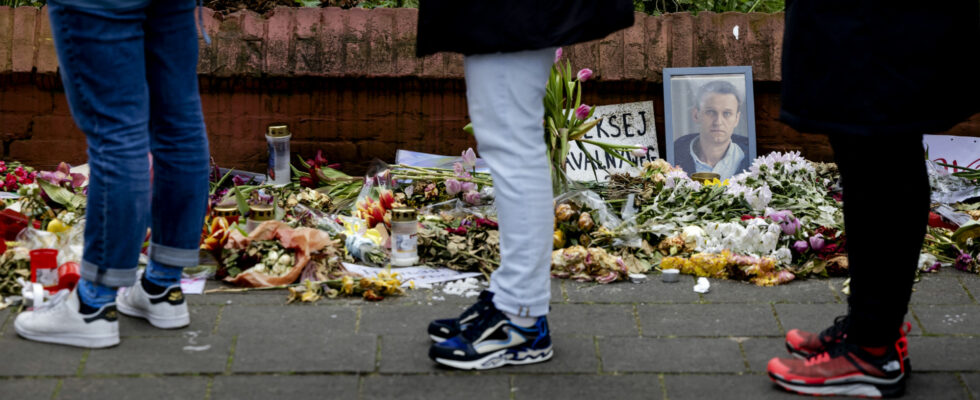Nicolas Tonev // Photo credits: ROBIN VAN LONKHUIJSEN / ANP MAG / ANP VIA AFP
While Vladimir Putin’s landslide victory in his re-election was predictable, a resistance operation during the vote was a great success. Unable to demonstrate, many citizens took part in the “Vote at noon”, at the call of the team of Alexei Navanly, an opponent who died in prison last month.
In Russia, the presidential election ended this Sunday evening after three days of voting. Vladimir Putin will remain president for the next six years. Re-elected in this election organized as a plebiscite, estimates give Putin nearly 87%. But this plebiscite did not work as the Russian authorities hoped: the “Vote at noon” operation, requested posthumously by the opponent Alexei Navalny, who died in prison, was in fact a success. All demonstrations being prohibited in Russia, the vote at noon sharp was a form of civic resistance and protest whose scale surprised and gave hope to opponents.
Eleven time zones across immense Russia, Eleven times at noon. From Vladivostok to Moscow via Novosibirk, the same silent videos: queues to vote at the desired time by Alexei Navalny, opponent of Vladimir Putin who died in prison last February. Old people, young people, discreet and without discussion among themselves to avoid being considered as disruptors or demonstrators.
“People weren’t afraid”
A huge unexpected protest which gives hope to opponents, like journalist Dimitri Nizovtsev speaking at Radio Svoboda. “The simple fact of being in a queue can be subject to repression, but people were not afraid… Organizing a small meeting or demonstration against the power is not possible, but “What happened in front of the polling stations now encourages us to look for ideas for new forms of protest,” he said.
The Kremlin therefore discovers an unexpected passive resistance, an unexpected problem to manage and which should lead to a reaction: facial recognition widely used in Russia could be used to search for and sanction midday voters, but the FSB will not be able to do anything retrospectively against the life-size anti-Putin poll already broadcast by Russian cell phones.
